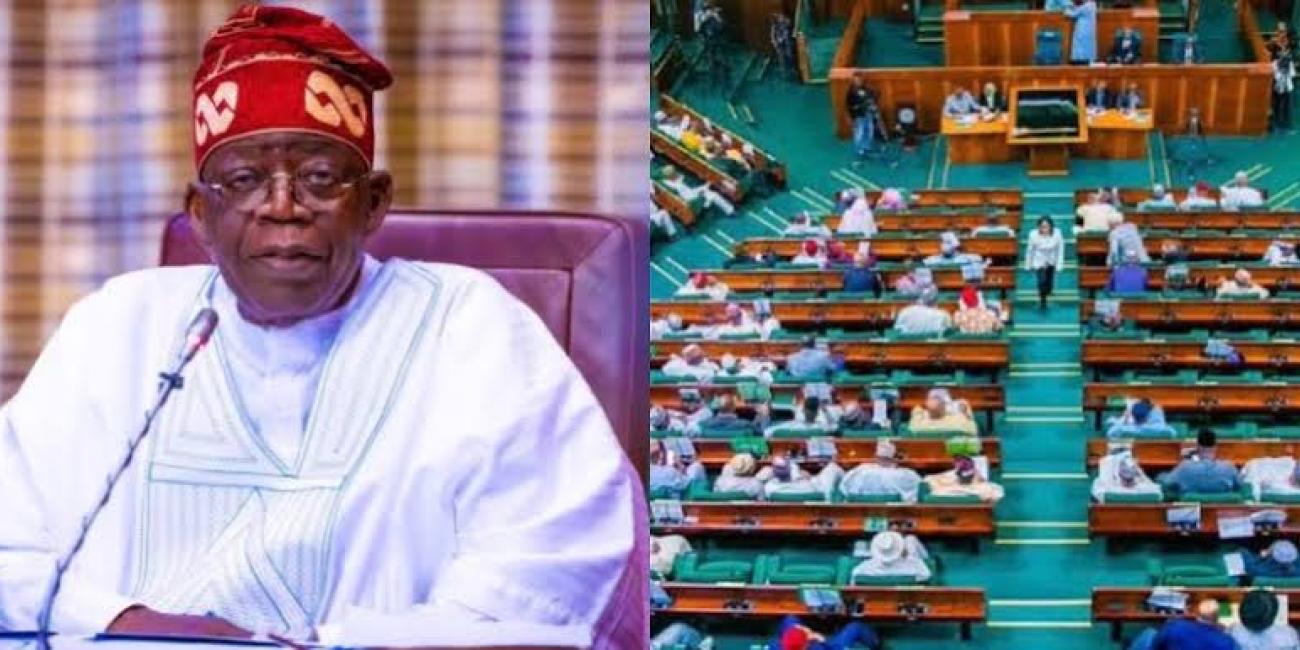
The House of Representatives has called on President Bola Tinubu’s government to reverse the recent hikes in the prices of premium motor spirit (petrol) and liquefied petroleum gas (LPG), commonly known as cooking gas.
The motion was raised during plenary on Wednesday by Kingsley Chinda, Minority Leader (PDP-Rivers).
Chinda emphasized the need for urgent interventions, such as price relief, tax reductions, or subsidies, particularly to alleviate the burden on low-income households.
He noted that Nigeria’s dependence on petroleum products and cooking gas as primary energy sources has made the recent price increases unbearable for ordinary Nigerians.
“The continued rise in prices is creating an unsustainable financial burden on citizens, worsening the already high cost of living,” Chinda said.
The News Agency of Nigeria reports that he highlighted how the removal of fuel subsidies, along with global oil price fluctuations and the naira’s depreciation, has driven up the cost of petrol and cooking gas for households.
“Nigerians are deeply concerned that soaring fuel and gas prices are affecting transportation, food, essential goods, and healthcare, while also fueling inflation. The continued rise in these prices has plunged many families into deeper financial hardship.
“Small and medium-sized businesses are particularly struggling to cope with higher operational costs due to the increased fuel prices, which threatens economic stability and job security.
“Despite the federal government’s refining capacity, it has not yet made significant progress in addressing these issues. The rising cost of petrol and cooking gas is a serious threat to the livelihoods of millions of Nigerians, and unchecked inflation from these price hikes could lead to social unrest, increased poverty, and long-term economic decline,” he said.
Mr Chinda warned that without urgent, practical measures to control the escalating cost of petrol and cooking gas, the nation could face an economic crisis, with consequences like increased crime and mortality rates.
As a result, the House of Representatives called on the Nigerian National Petroleum Corporation Limited (NNPCL), the Ministry of Petroleum Resources, and other relevant agencies to fast-track the repair and maintenance of domestic refineries.
Lawmakers argued that boosting local refining capacity would help reduce dependence on imported petroleum products as a temporary solution.
They also urged the Central Bank of Nigeria to implement monetary policies to mitigate the impact of fuel price increases on inflation, especially for essential goods and services.
The House further called on the federal government to explore alternative energy sources and diversify the country’s energy mix, promoting more sustainable and affordable renewable energy solutions to reduce reliance on petrol and gas.
Additionally, the lawmakers encouraged state governments to adopt policies that would ease the financial burden on citizens, such as waiving taxes or levies on transportation and goods affected by high fuel costs.
Speaker Tajudeen Abbas directed the Committees on Petroleum Downstream and Legislative Compliance to ensure adherence and report back to the House within two weeks for further legislative action.
